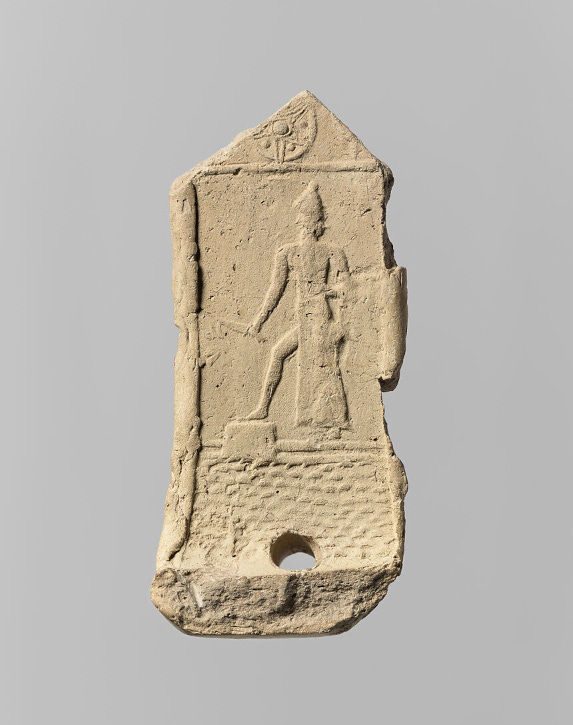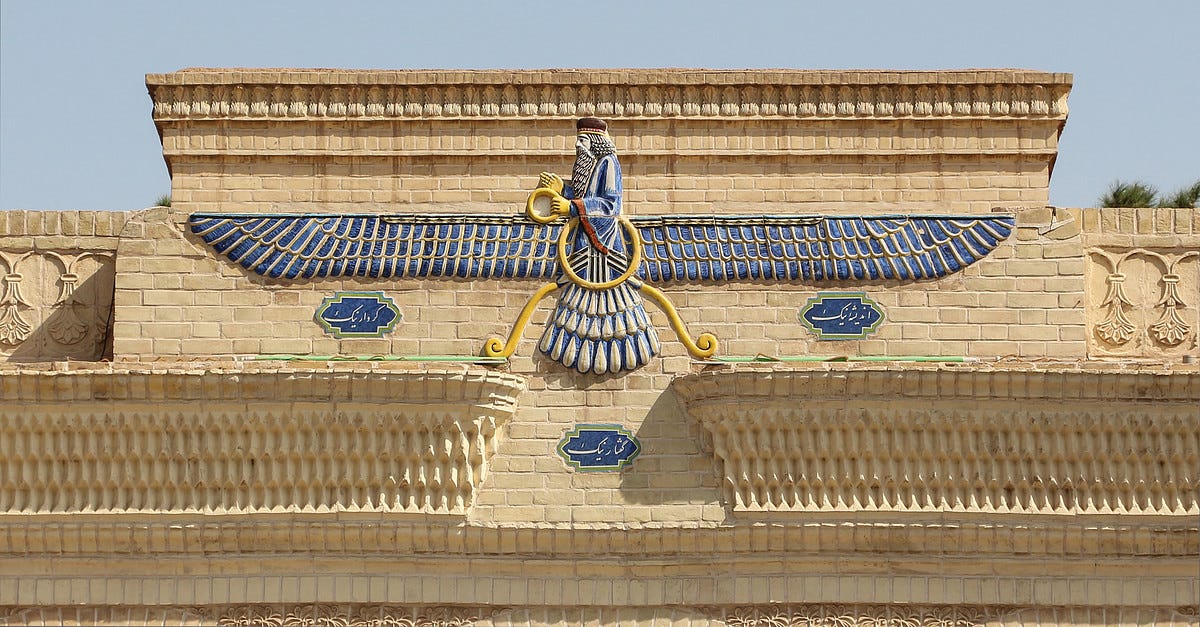ANE Today, 10 July 2025
What is a God in the Hebrew Bible? Part I, the FOA Chicago Tour, our Object of the Week, plus the usual round-up of news, books, and other media.
What is a God in the Hebrew Bible? Part I: The Divine Cast of Characters

By Michael B. Hundley
Editor’s Note: This is the second in a 4-part series on the nature of god in the Hebrew Bible and the Near East. If you missed the first one, check it out here.
Who is considered a god in the Hebrew Bible, better known from the Christian perspective as the Old Testament? Most agree on the quantity of deities — one, the Israelite god YHWH. Debate arises about the nature and characteristics of this singular god, with many arguing for an omniscient and omnipotent, invisible and immaterial being in keeping with modern Christian ideas. However, a closer look at the text reveals many other gods who differ from the stereotype. Even the biblical YHWH diverges from his modern profile. Instead, gods in the Hebrew Bible resemble ancient Near Eastern deities far more than most modern interpreters expect and may be comfortable with.
Friends of ASOR Chicago Tour
Register for the Friends of ASOR tour in Chicago if you haven’t already!
In the News:
The first genome sequenced from ancient Egypt reveals surprising ancestry, scientists say (CNN)
Egyptian conservators give King Tut’s treasures a new glow (Phys.org)
Türkiye’s archaeology sector struggles beneath surface of global success (Türkiye Today)
Iron Age kohl in Iran: Kani Koter cemetery reveals a previously unknown recipe (Phys.org)
Is the Mesha Stele Also a Forgery? (Times of Israel)
Cypro-Minoan script on Tel Dor lagoon anchor reveals 11th-century trade routes (Jerusalem Post)
Object of the Week:

New Books to Explore:
The House of the Satrap: The Making of the Ancient Persian Empire, by Rhyne King
Visualizing Egypt: European Travel, Book Publishing, and the Commercialization of the Middle East in the Nineteenth Century, by Paulina Banas
Ancient Mythologies of the Wilderness: Narrative, Nature, and Religious Identity Formation from the Babylonians to the Late Antique Christians, by Laura Feldt
From Egypt to the Levant and Beyond: African Individuals and Groups in Cuneiform Texts from the Late Bronze Age, by Mattias Karlsson
Museum Exhibits:
Virtual Tour. Ancient Thrace and the Classical World: Treasures from Bulgaria, Romania, and Greece (Getty Museum)
‘Mystery of Cleopatra’ exhibit in Paris pushes back against clichés
Latest Podcasts:
The House of the Satrap with Rhyne King (Ancient History Podcast)
Latest YouTube:
Herod’s Harbor Reconstruction (World History Encyclopedia)
Ancient Egypt’s Lady of Turquoise: Hathor. Serabit El-Khadim Expedition (Curtis Ryan Woodside)
Who Created Verse Numbers and Why? (Biblical Culture)
Consider taking this short survey to give us feedback on ANE Today.
From the Archives:
Monotheism or Monopoly? Akhenaten and His Religious-Political Reform

By Jiří Janák
Few ancient personalities excite as much interest as Akhenaten. Was he an enlightened religious leader and an idealistic politician, or was he mentally ill and physically frail? Read more here.
Sponsored: BASONOVA Lecture, Zoroastrianism: Ancient Religion, Modern Lives
Wednesday, July 16, 2025 at 8 pm via Zoom: Kristin Romey, Emerita Editor, National Geographic
Friends of ASOR is pleased to share information on BASONOVA & BAF lectures. This presentation is focused at the origins of Zoroastrianism—considered by some to be the world’s first monotheistic religion—and how followers practice it in the 21st century.
Zoroastrianism is an ancient Iranian religion founded by the prophet Zoroaster (Zarathustra). It is believed to have originated around the 6th century B.C.E., is centered on the worship of Ahura Mazda, the supreme god, and emphasizes the duality of good and evil. Zoroastrianism was the state religion of three Persian dynasties, until the Muslim conquest of Persia in the seventh century C.E.. Zoroastrian refugees, called Parsis, escaped Muslim persecution in Persia by emigrating to India. Zoroastrianism now has an estimated 100,000 to 200,000 worshipers worldwide, and is practiced today as a minority religion in parts of Iran and India.
To register for this Zoom event, click here. Questions? Email info@basonova.org
Enjoy what you’re reading? Consider supporting ANE Today through a once-off or recurring donation to ASOR.
Published with the assistance of The Lanier Theological Library and Stevan Dana





